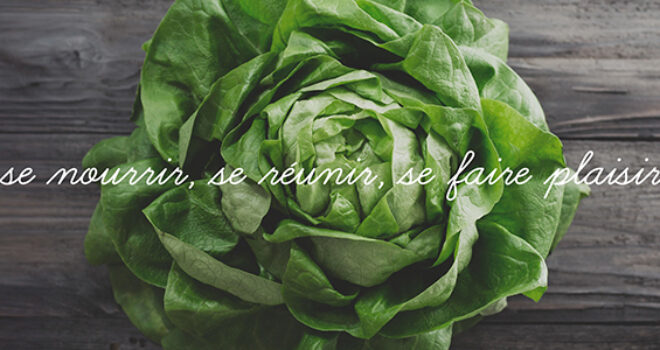Do vegetables make you less hungry or can they help you tune in to your body’s cues and tell you that you’ve eaten enough? Karine Gravel explains the principles of intuitive eating, which are founded on the sensation of satisfaction.
A scientific study showed that people who eat intuitively tend to eat more vegetables. Other studies showed that this non-dieting approach is associated with the pleasure of eating and more food variety. Vegetables also contain dietary fibre, which will make you feel satiated, so you feel that you are full and satisfied.
Can intuitive eating help eliminate vegetable neophobia?
Karine Gravel – A French study and a Finnish study, conducted among children and based on the EduSens programme (which measures the effect of a sensory-based education on the preferences and eating behaviour of children between 8 and 10 years of age), showed that a sensory-based education, one of the 10 principles of intuitive eating, helps to:
- reduce food neophobia,
- increase the desire to taste new foods, or foods that are more complex and intense in taste.
You mention seven hungers on your blog
Karine Gravel – This concept was developed by Doctor Jan Chozen Bays, an American paediatrician and author, who discovered this during her mindful eating workshops. These seven hungers allow us to fully concentrate on the act of eating with a small amount of food.
This approach to eating is all about listening to our body’s cues, while tuning in to our senses (eye, nose, mouth), and to what we feel in our stomach, as well the imaginary world of stomach, mind, cellular and heart hunger.
An exercise in taste that demands some practice of course, but it slows down the pace at which you eat, promotes satisfaction and helps you rediscover your relationship with food.
Can intuitive eating help prevent eating disorders?
(podcast in French)

Who are you, Karine?
Before training as a nutritionist and doctor in nutrition, I completed two arts degrees, which is why I take a more creative approach to nutrition. I’m interested in people’s eating behaviours, in the pleasure that is associated with food and intuitive eating.
I also work as a trainer, have a scientific blog and lecture at the University of Montreal. Follow me on Facebook to share your ideas with me!



 Dandelion greens
Dandelion greens  Radishes
Radishes  Vegetable garden: growing gherkin
Vegetable garden: growing gherkin 









